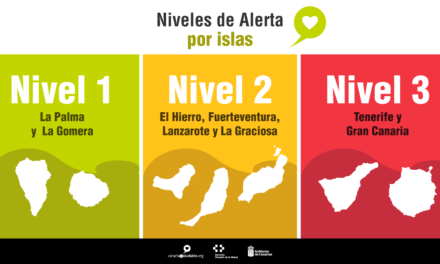In a controversial move that has sparked widespread debate, Mogán’s still serving Mayor, La Alcaldesa O Bueno, is chasing proposal to introduce a tourist tax on overnight stays that looks set to bring millions of extra euros into the municipal coffers. This tax, unique in Spain, would mark Mogán as the first municipality to implement such a levy, ostensibly to support public services benefiting from tourism activities. However, the plan is surrounded by contention, not only within the Canary Islands but also at a national level, stirring discussions about municipal autonomy and regional responsibilities.
Under Bueno’s proposal, all tourists staying in hotels, aparthotels, campsites, and vacation homes in the sunny southwestern tourism hotspot of Mogán would pay a nightly tax. This fee would be collected directly by the establishments and transferred to the municipality through a virtual tax office on a quarterly basis. The rationale behind this tax is to ensure that the costs associated with tourism, particularly public infrastructure and services like lighting and sidewalks, are not borne solely by local residents but also by visitors who benefit from these amenities.
The proposed tax would be adjustable, with potential caps on the number of nights taxed and possible exemptions still under discussion. Despite the innovation it represents, the plan is controversial, facing opposition from neighboring municipalities and lacking consensus within the Canary Island government coalition.
Bueno’s initiative is legally grounded in the Local Finance Law, which allows municipalities to establish taxes for services that directly benefit the taxpayer—in this case, the tourists. This legal backing, however, does not shield the proposal from the broader political and economic implications it entails, especially considering the delicate balance between encouraging tourism and ensuring sustainable municipal funding.
Reservations & Revenues
While Mogán might be pioneering new revenues, other tourist-heavy municipalities like San Bartolomé de Tirajana and Santiago del Teide have expressed their reservations. They argue that such a tax is beyond municipal jurisdiction and should be regulated at a regional level if at all. This stance is echoed by parts of the Canary Islands government, with some officials suggesting that any such tax should contribute to a broader regional fund, not just the coffers of tourist-centric localities.
Furthermore, critics, including other municipal leaders and regional government partners, fear that the tax could harm the competitive position of the Canary Islands. They argue that additional costs could deter tourists, particularly when competing with destinations like North Africa, which enjoy lower operational costs.
Economic and Social Considerations
The introduction of a tourist tax in Mogán is projected to generate approximately €2.5 million annually. Bueno insists that this revenue is essential for maintaining and improving infrastructure and services that are strained by the influx of tourists, which numbers in the millions annually. The funds collected would specifically target enhancements that benefit both residents and visitors, ensuring that tourism remains a boon rather than a burden to the community.
As debates continue, the future of the tourist tax in Mogán remains uncertain. The proposal is set to be a key topic in upcoming regional conferences aimed at shaping sustainable development strategies for the Canary Islands. These discussions will provide a crucial platform for stakeholders to negotiate a balance between local autonomy and regional oversight, setting precedents for how tourism-related revenues are managed across Spain.
Bueno’s push for a tourist tax in Mogán brings to light various questions about local versus regional governance, the economic impacts of tourism, and the fair distribution of fiscal responsibilities. As the Canary Islands navigate these complex issues, the outcome will likely resonate far beyond the archipelago, influencing tourism policy at both national and European levels.









